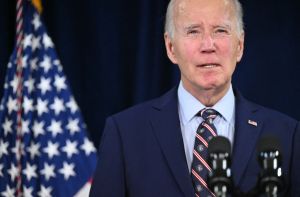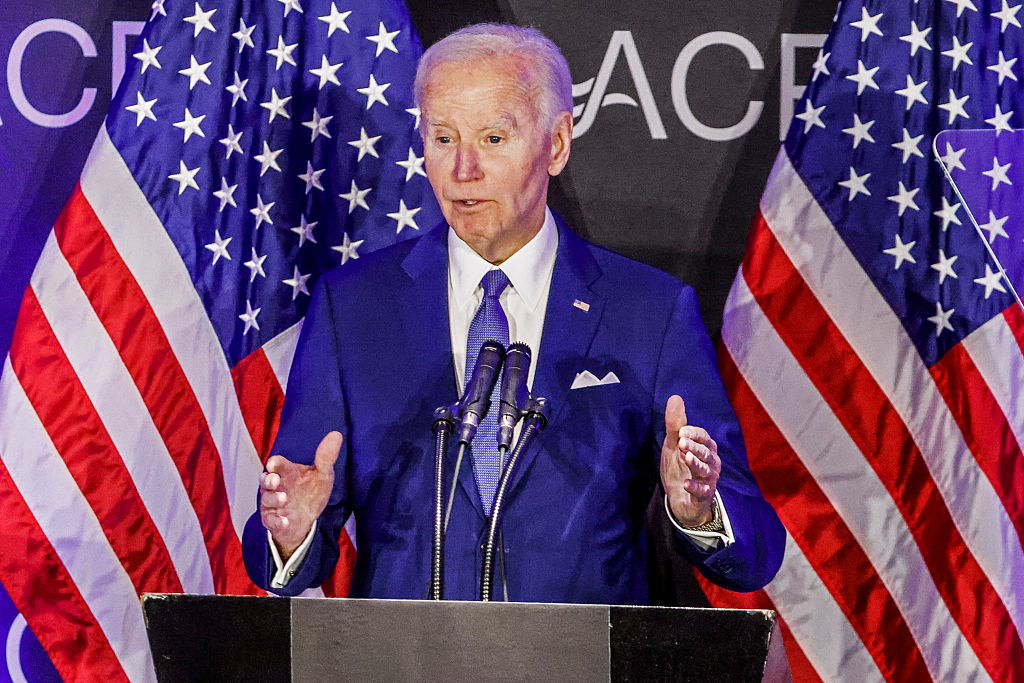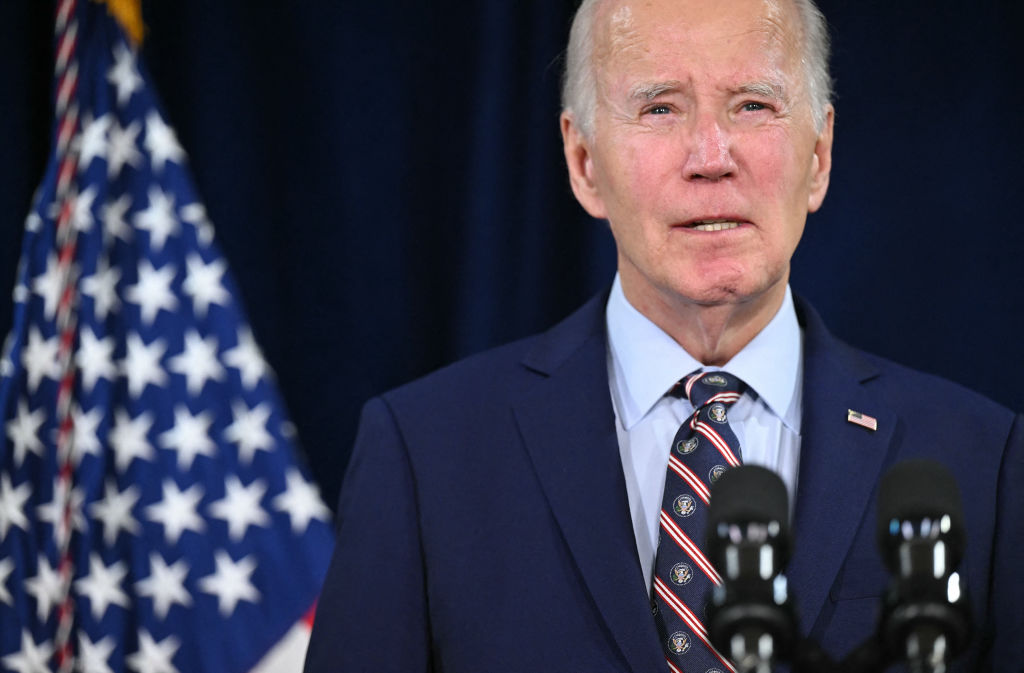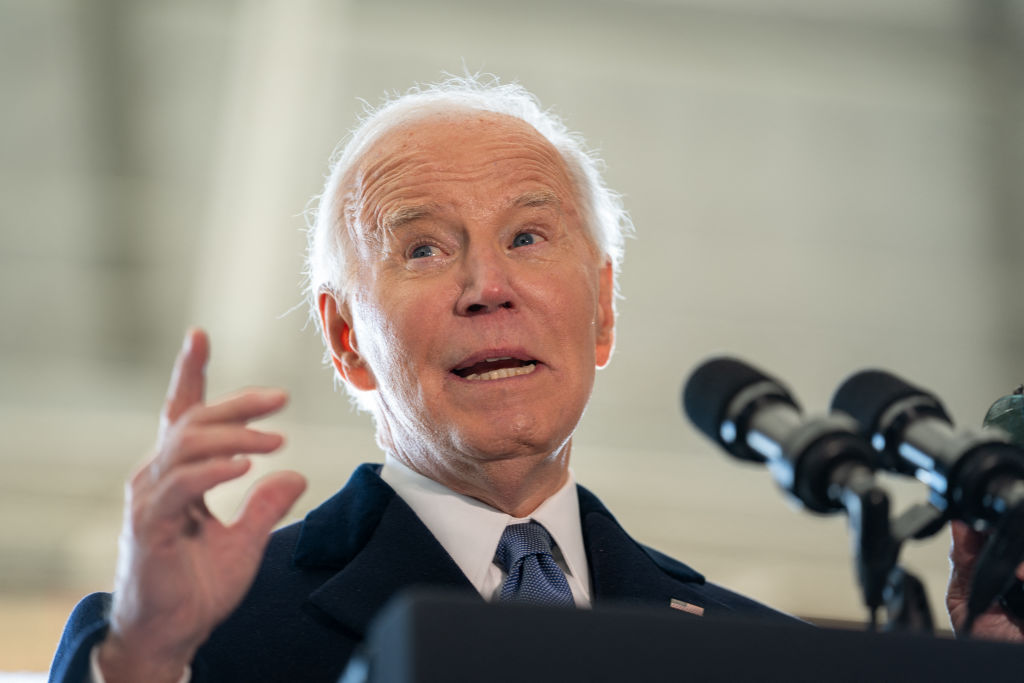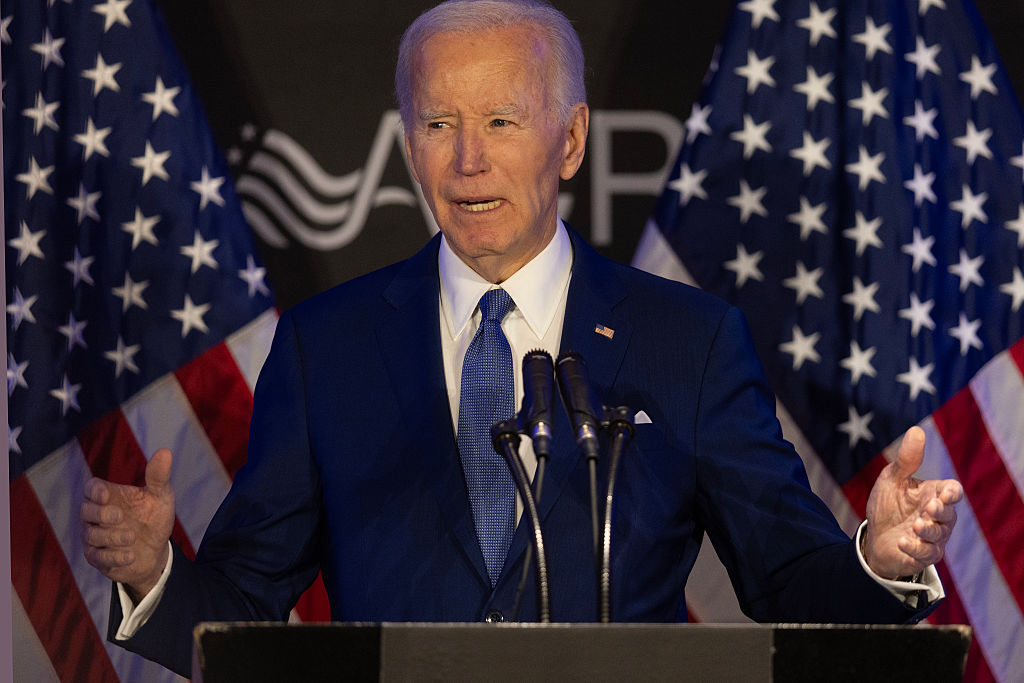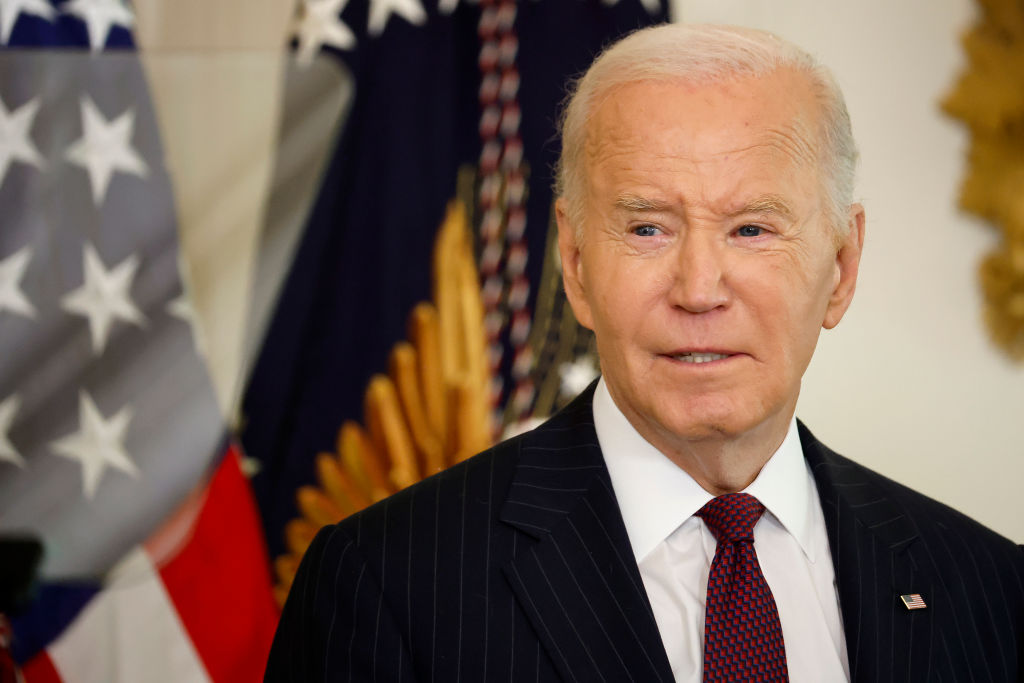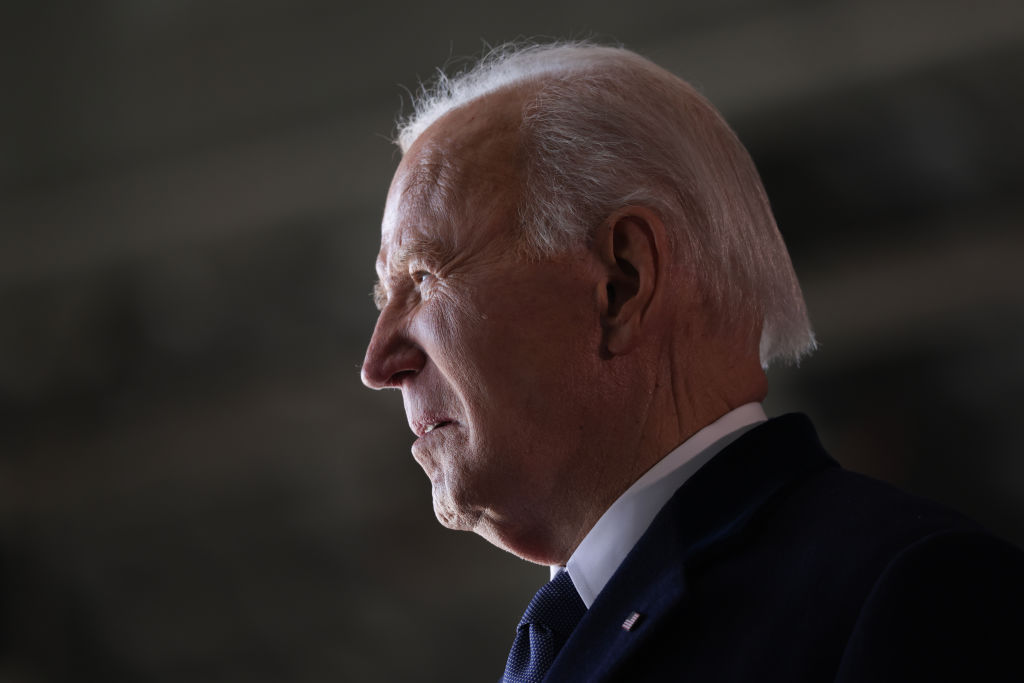Being overweight, unless you’re a sixteenth-century Rubens model, ain’t the thing. But looking at America, where more than two-thirds of people are obese or overweight, you’d think thin is definitely not in.
It’s well known extra pounds increase a person’s chance of heart disease, stroke and diabetes, along with the general discomfort of carrying around extra heft for which your frame wasn’t designed. Being overweight is also linked to increased cancer risk, and the New York Post reports: “In all, thirteen types of [cancer] were previously known to be associated with overweight body types — but now, that number has climbed to eighteen different cancers. And the risk of developing cancer begins when people are young — between the ages eighteen and forty.”
In the forthcoming August issue of The Spectator World, I analyze our nation’s obesity crisis, how we got that way and what happens if we don’t get healthy — and quick. The consensus of the nutrition researchers and policy experts I spoke to is that our nation’s ill health is due in large part to government policies and subsidies, influenced Big Time by Big Food and Big Pharma, that manipulate nutritional information and promote the production of unhealthy food. It’s curious, isn’t it, that with consistently updated federal Dietary Guidelines, decades’ worth of research and state-of-the-art technology, America keeps getting fatter?
The good news is that, barring a disease or genetic disorder, maintaining a healthy weight is relatively simple and easy.
Dr. Joseph Mercola, an osteopathic physician, is an online health guru pioneer. He advocates for a more natural approach to wellness (as opposed to relying on lifelong prescription medication). He has been honored as “the most influential spreader of Coronavirus misinformation online” by the New York Times for his outspoken skepticism of the Covid vaccine (and was joined by Robert F. Kennedy Jr. on the “Disinformation Dozen” list, too). He’s also been banned by YouTube.
Dr. Mercola doesn’t sound like a radical spreader of disinformation to me. His advice for what average Americans can do easily right now to improve their health echoes what several non-censored wellness researchers told me: eat whole, unprocessed foods; eliminate vegetable (seed) oils and avoid most restaurant foods, as they typically use large amounts of seed oils; walk in the sunshine at least sixty minutes a day and absorb the many benefits of sunshine; realize the importance of muscles to your metabolic health and mobility by eating at least thirty grams of protein at two meals a day and engaging in resistance training.
“The destruction of small family farms has created horrible [concentrated animal feeding operations] that create inferior products while polluting our water and destroying our environment,” Mercola said. “We’ve created policies that subsidize and favor corporate farms. We’ve lost the backbone of our country when we lost the family farms, and we’ve destroyed our environment and food quality along the way.”
Calley Means is a reformed food and pharmaceutical consultant who now runs TrueMed, a company that streamlines the process of enabling patients to use Health Savings Accounts and Flexible Spending Accounts to buy healthy food, exercise and supplements. “Every institution in healthcare (hospitals, pharma, insurance, med school) depends on more sick patients for growth,” Means notes. He told me the cure for our country’s ballooning waistline and collective medical bill is basically for people to pay attention to what they eat, cut out seed oils and be interested in where their food comes from — seek meat that’s grass-fed, eggs that are free-range and produce that’s organic, for instance. Means also promotes food, exercise and sleep as medicine.
“You can very likely still find farmers near you that are growing excellent wholesome foods,” Dr. Mercola said. “It takes some work to find but it is worth it. I would also recommend everyone try to grow as much food for yourself as possible, even in the smallest of environments — gardening is great for your health!”
There you have it, folks. Becoming a healthier person today takes little more than exploring your local food suppliers, seeking out small, family-run farms, nurturing a garden, exercising outdoors often and getting a good night’s sleep. No boomerang weight gain, saggy derriere or deep depression — all side effects of “miracle” weight loss drugs — required.












